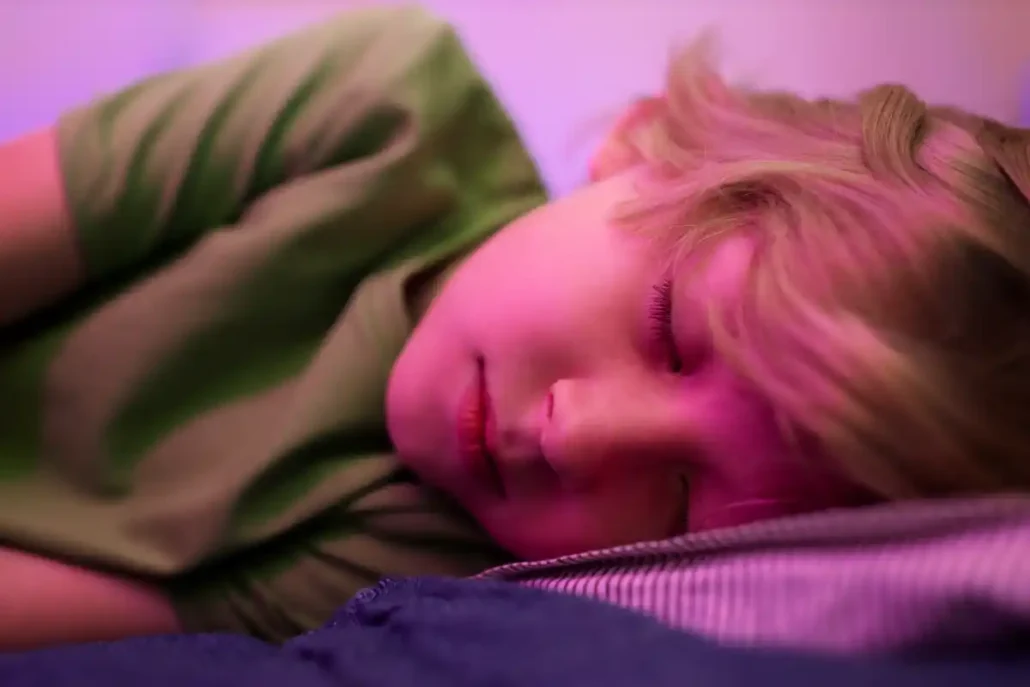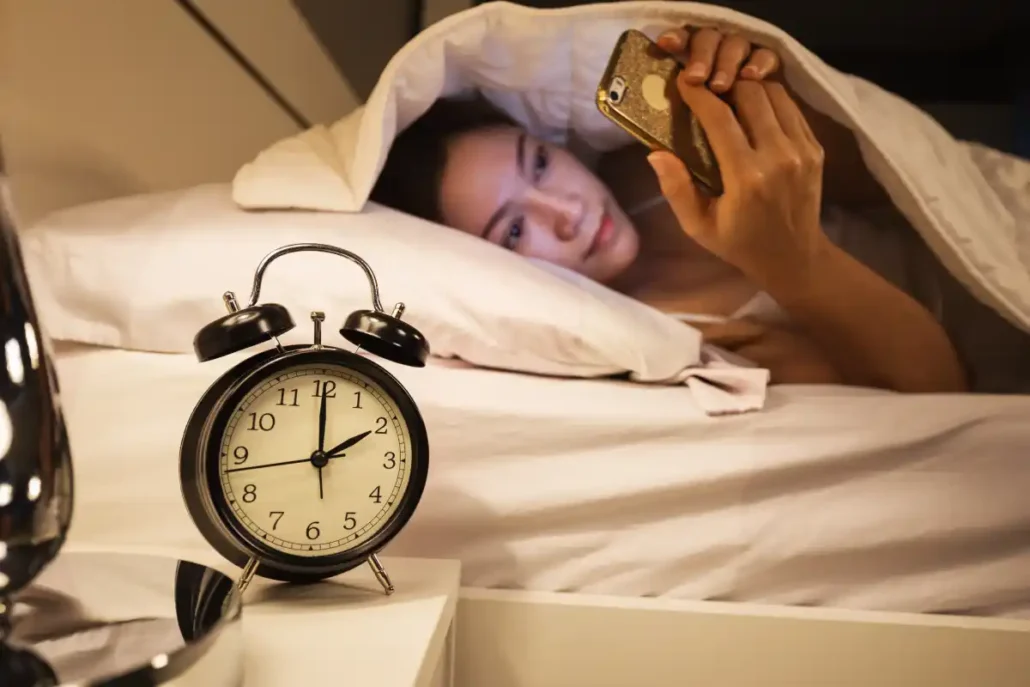
October 10th is World Mental Health Day. The World Federation for Mental Health began observing World Mental Health Day in 1992 as a way to promote mental health advocacy and educate the public on relevant issues – which makes this a timely opportunity for us to share some facts about the connections between sleep and mental health.
Defining Mental Health
Mental health is a complex subject because it has emotional, psychological and social aspects. So let’s frame up the topic with a definition:
“Mental health is a state of well-being in which an individual realizes his or her own potential, can cope with the normal stresses of life, can work productively and fruitfully, and is able to make a contribution to the community.” – World Health Organization (WHO)
While the WHO clearly links the concept of mental health to one of well-being, many of us tend to focus on mental illnesses when we think about mental health. Mental disorders are wide ranging and can include schizophrenia, dementia, PTSD and anxiety, along with eating disorders, substance use disorders, ADHD and depression to name a few.
A Significant Health Issue
The National Alliance on Mental Health (NAMI) reports:
- Approximately one in five adults in the U.S. (43.8 million) experience a mental illness in a given year. About one in 25 experience mental illness serious enough to impact or interfere with one or more major life activities.
- Mood disorders are the third most common cause of hospitalization in the U.S. for people ages 18-44.
- Adults in the U.S. living with mental illness die on average 25 years earlier than others.
- An estimated 18-22 veterans commit suicide every day.
[av_sidebar widget_area=’Quiz Banner’ av_uid=’av-2ad5hk’]
How Sleep Relates
Researchers and doctors have known about the correlation between sleep quality and mental health for years. Clinicians have traditionally viewed sleep problems as a symptom of a mental illness. But there is growing evidence that poor sleep quality can also contribute to the development of new psychiatric disorders and the ability to cope with existing disorders.
Among the many published reports linking inadequate or poor sleep quality with mental health issues, you’ll find facts like:
- Insomniacs are nearly 10 times more likely to suffer from clinical depression and more than 17 times more likely to report clinical anxiety than normal sleepers.
- Four-year-olds with serious sleep disorders have a higher risk of developing symptoms of psychiatric problems as six-year-olds when compared to normal-sleeping peers.
- Individuals with two or more types of sleep problems were about 2.6 times more likely to report a suicide attempt than those without any insomnia complaints.
While researchers still don’t know the exact reasons for this two-way relationship between sleep patterns and mental illness, scientists have discovered that sleep disruption seriously impacts neurotransmitters and stress hormones which can lead to impaired thinking and the inability to regulate emotions – two of the most common symptoms of mental disorders.
Dealing with Insomnia
Insomnia, the inability to fall asleep or stay asleep, plagues millions of people across all levels of mental health.
For many people, insomnia can be part of the complex package of causes of mental health difficulties. If you can sort out your sleep, you could also be taking a significant step forward in tackling a wide-range of psychological and emotional problems.” – Daniel Freeman, Ph.D., University of Oxford, Department of Psychiatry
Strategies for addressing insomnia apply to individuals with and without existing mental health issues. The Better Sleep Council has published many tips on improving the quantity and quality of sleep through better sleep hygiene practices.
If lifestyle changes aren’t helping, you may also investigate dietary supplements (such as melatonin or valerian) or relaxation techniques (yoga and meditation, for example) to help you doze off. Cognitive behavioral therapy can also help you control or eliminate the negative thoughts and actions that keep you awake.
Seek Help
If you suspect that you or someone you love is experiencing mental health issues or dealing with sleep problems, consult with a medical professional who can direct you to one of the many effective interventions and treatments available.
Buying a mattress that matches your sleep preference can also go a long way toward improving your sleep, so you can improve your mental health. Take our Better Bed Quizzz so you can shope for one with confidence.
Learn about the relationship between sleep and mental health so you can improve the quality of your zzz’s. #BSCSleepTips @BetterSleepOrgSources:
- http://www.who.int/features/factfiles/mental_health/en/
- https://www.nami.org/Learn-More/Mental-Health-Conditions
- https://www.nami.org/learn-more/mental-health-by-the-numbers
- https://www.ncbi.nlm.nih.gov/pubmed/16335332
- https://www.sciencedaily.com/releases/2015/05/150506084427.htm
- https://www.ncbi.nlm.nih.gov/pmc/articles/PMC2728888/
- https://www.medpagetoday.com/psychiatry/sleepdisorders/67741
This blog provides general information about sleep and mental health. The words and other content provided in this blog, and in any linked materials, are not intended to replace a one-on-one relationship with a qualified heath care professional. This blog should not be construed as medical advice or used to diagnose, treat, prevent or cure any disease or condition. If the reader or any other person has a medical concern, he or she should consult with an appropriately-licensed physician or other health care professional. This blog is not a substitute for professional medical advice, diagnosis or treatment, and should not be relied upon to make decisions about your health or the health of others. Never disregard professional medical advice or delay in seeking it because of something you have read on this blog or elsewhere on bettersleep.org. If you think you may have a medical emergency, immediately call your doctor or dial 911.



